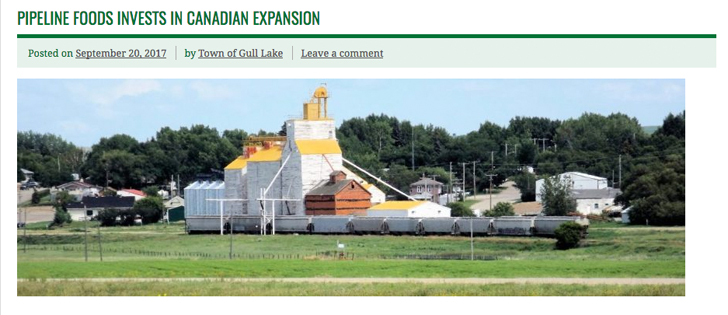The federal government is not interested in selling the CWB, at least not yet.
But that doesn’t mean that Ottawa hasn’t received any offers.
Federal agriculture minister Gerry Ritz said a number of companies have already expressed interest in acquiring the assets of the former Canadian Wheat Board.
“We’ve already had a couple of entities come forward saying that they would love to buy the CWB,” Ritz said last week in Saskatoon.
“They (CWB) have a tremendous Rolodex of marketing around the world and … (the potential buyers) wanted to capture that.
Read Also

Farming Smarter receives financial boost from Alberta government for potato research
Farming Smarter near Lethbridge got a boost to its research equipment, thanks to the Alberta government’s increase in funding for research associations.
“We’re not prepared to entertain that takeover that quickly,” he added.
“I think there’s some great roles for the CWB to play in the next two to three years and we’ll analyze it at that point.”
According to provisions in Bill C-18, CWB directors have up to four years — until Aug 1, 2016 — to submit a plan to commercialize the new wheat board.
Among other things, that commercialization plan could recommend that the voluntary marketing agency being dissolved, re-established as a farmer co-operative without government guarantees, or sold to a private-sector buyer.
The plan, if approved by the minister, would be executed by Aug. 1, 2017.
Ritz declined to name the companies that had expressed interest in the CWB.
The agency has few grain handling assets in Canada but is a well-established seller in international markets and has a loyal base of farmer-customers across the West.
“I think they (the potential buyers) thought they were going to get a fire sale deal but we’re not interested in that,” Ritz said.
“We know the value of the CWB short-term, mid-term and long-term. They’re already very strong in premium markets like Japan and they’re ever strong in emerging markets like China, and they’ll continue to be.”
CWB president Ian White said last week that the agency’s directors will be devising a new strategy aimed at ensuring the CWB’s viability and preparing it for privatization.
“We’ve said that we want to ensure that we talk to farmers about (privatizing the CWB) at some point in the future and we certainly intend to do that,” he said.
White also suggested that the acquisition of grain handling assets could be part of the CWB’s new strategy, a move that Ritz also acknowledged as possible.
“There’s nothing stopping them from buying infrastructure should they choose to do that,” he said.

















